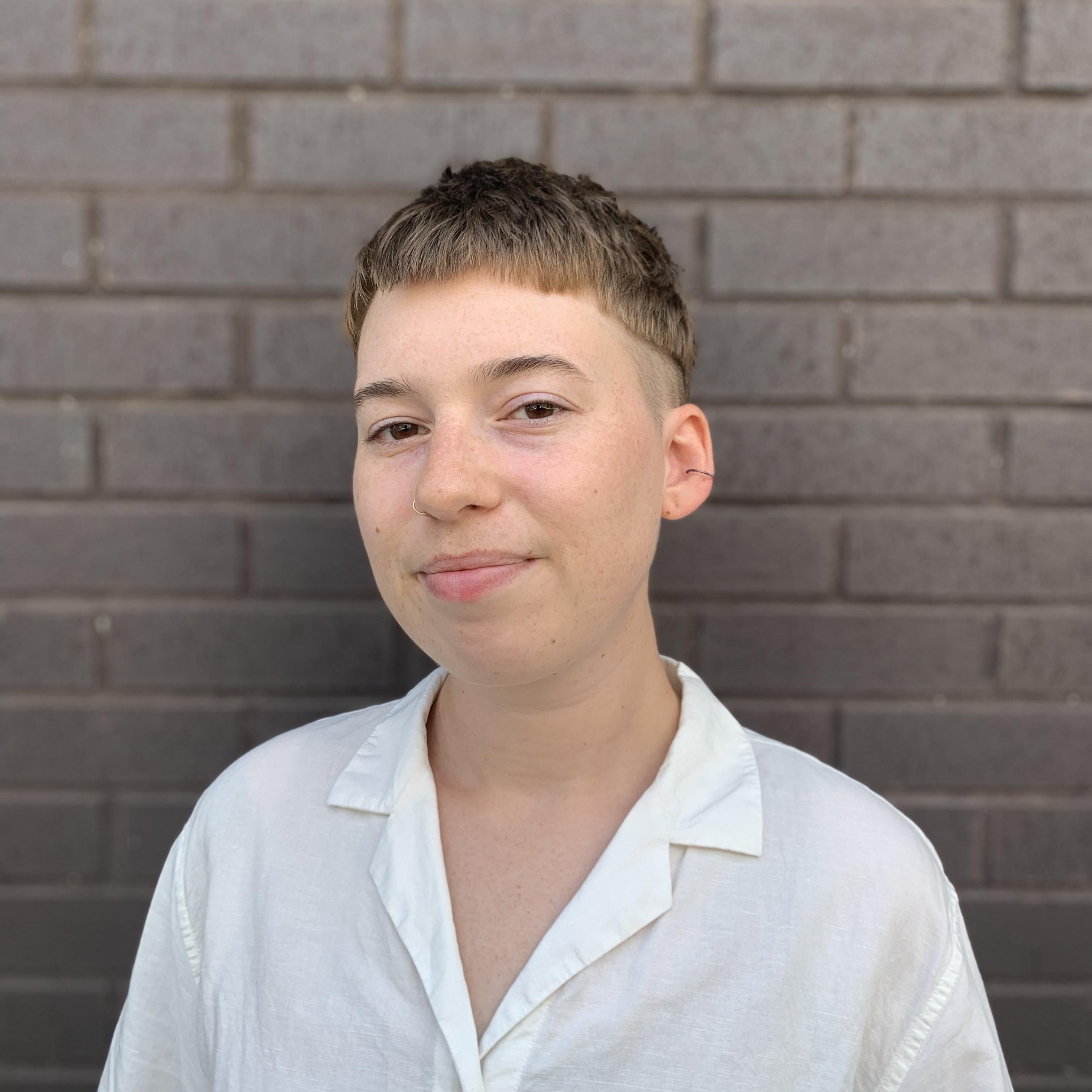Collection
Computational Archaeology and Seafaring Theory
- Submission status
- Closed
Editors
-
R. Helen Farr
Helen Farr is an Associate Professor in the Centre for Maritime Archaeology at Southampton University, where she is currently the co-ordinator of Maritime Archaeology programmes. Her expertise and interests encompass a broad range of aspects of maritime culture and heritage and she is passionate about the protection of maritime cultural heritage holding the Chair of the UNESCO UNITWIN Network for Underwater Archaeology until last year. Her current ERC funded research focuses on early seafaring in deep time between Sunda and Sahul.
-
Justin Leidwanger
Justin Leidwanger is Associate Professor in Stanford University’s Department of Classics and, by courtesy, in the Oceans Department at its Doerr School of Sustainability, as well as Director of the Maritime Archaeology and Digital Heritage Lab (MEDLab) at the Stanford Archaeology Center. His research focuses on Mediterranean mobilities, port communities, and systems of exchange, interests he explores on the computer, in the lab, and in the field. He conducts community-based archaeology on ships, coastal landscapes, and the tangible and intangible heritage of historic and contemporary maritime life at the tip of southeast Sicily.
-
Katie Jarriel
Katie Jarriel is a Clinical Assistant Professor in Purdue University's John Martinson Honors College since 2018. Her primary research models small-world community interactions in the Bronze Age Cyclades, Greece, in particular the entanglements of climate disaster, communities, technology, and the affordances of ancient seascapes. She collaborates with undergraduate researchers on a variety of projects related to computation and geospatial analysis, including the investigation of the materiality of active-learning classrooms and the development of a video game to teach young adults teamwork.
-
Emma Slayton
Emma Slayton currently serves as the Data Curation, Visualization, and GIS Specialist at the Carnegie Mellon University Libraries. As an archaeologist, her research focuses on using computer-based analyses to identify possible locations of canoe routes between islands in the Lesser Antilles and the broader circum-Caribbean area in an attempt to retrace indigenous patterns of mobility and exchange from 2000 BC till AD 1600.
-
Marisa Borreggine
Postdoctoral Fellow, Harvard University Department of Earth and Planetary Sciences






